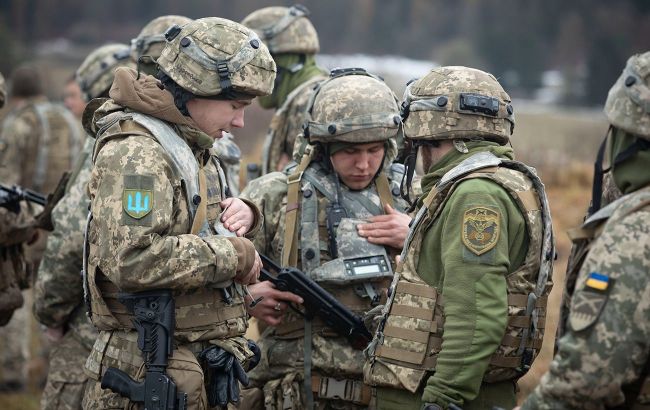Russian reserves insufficient for simultaneous large-scale offensives: ISW
 Illustrative photo (getty images)
Illustrative photo (getty images)
The available Russian reserves, numbering 60,000 personnel, are likely insufficient to support simultaneous large-scale offensive efforts on multiple fronts. The Russian military command will probably have to choose one main action during the anticipated summer offensive, states the Institute for the Study of War (ISW).
The Institute, citing Ukrainian military observer Kostiantyn Mashovets, notes that over the past 6-8 months, the occupiers have accumulated a maximum of 60,000 personnel in operational and strategic reserves.
ISW suggests that these reserves are neither properly trained nor equipped. Previously, Russia used them mainly as manpower reserves to replenish and reinforce units conducting offensive attacks.
Experts from the institute believe that Russian operational and strategic reserves are unlikely to be ready to act as first-echelon penetration forces or as second-echelon exploitation forces capable of conducting effective large-scale combined arms attacks.
"These reported limited operational- and strategic-level Russian reserves likely will be insufficient to support simultaneous large-scale offensive efforts in several directions. The Russian military command will likely have to choose one main effort during its expected summer offensive effort, if it intends for these reserves to sustain a large-scale offensive operation," the report states.
According to the Center for National Resistance, the Russians, who are suffering significant losses on the Kharkiv front, are replenishing their forces by transferring troops from the Kherson region.
The situation on the Pokrovsk front, which has recently become one of the hottest areas on the front, indicates that Russia is likely trying to advance on Pokrovsk, Myrnohrad, and Selidove.
Secretary of the National Security and Defense Council of Ukraine, Oleksandr Lytvynenko, believes that Russia is preparing for a prolonged war. In the worst-case scenario, the Kremlin may repeat the strategy it used against Aleppo in Syria in 2016 in Kharkiv.

